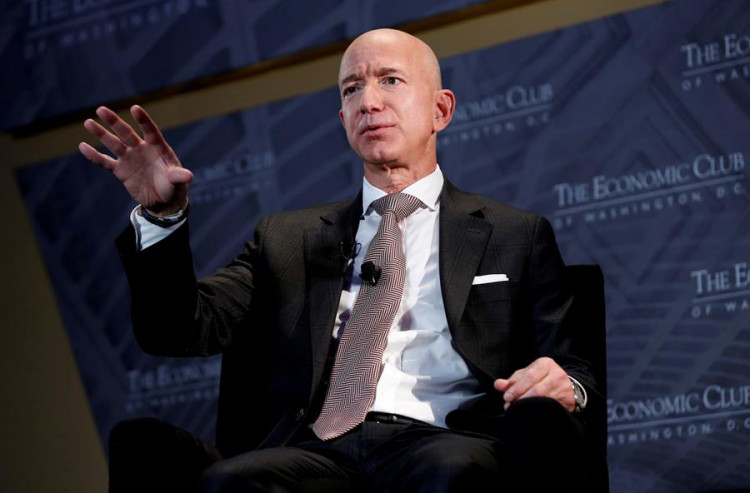Physical Intelligence, a robotics startup based in San Francisco, announced a significant milestone on Monday, securing $400 million in funding at a post-money valuation of $2.4 billion. Major investors in this early-stage round include Amazon founder Jeff Bezos, AI giant OpenAI, Thrive Capital, and Lux Capital. Khosla Ventures and Sequoia Capital are also noted as early backers of the company, according to the startup's official website.
The funding is a leap from its previous round in March, which closed with a $70 million investment at a $400 million valuation, marking an increase in value by nearly six times within eight months. PitchBook data initially reported a slightly lower valuation of $2 billion, but company sources later confirmed the $2.4 billion figure.
Physical Intelligence aims to bridge artificial intelligence and robotics by developing general-purpose AI models, enabling robots to carry out a broad array of tasks without customized software for each function. "Our mission is to bring general-purpose AI into the physical world," the company stated in a blog post, detailing how this goal aligns with the development of artificial general intelligence (AGI), a frontier in AI that aspires to perform a wide range of tasks on par with human cognition.
"Imagine a world where robots can perform any task just by request, similar to how users interact with large language models (LLMs) and chatbot assistants today," the startup wrote. Early use cases include tasks like folding laundry, bussing tables, and assembling boxes-real-life activities requiring a blend of dexterity and decision-making that robots have struggled with until now. The company hopes its advancements will lead to robots capable of seamlessly taking on any assigned job, transforming industries from hospitality to logistics.
Physical Intelligence's latest development is the software platform called π0, or "pi-zero," which powers robots to execute complex tasks like folding laundry, bagging groceries, and even removing toast from a toaster. These achievements signal progress toward the company's larger ambition to create a software model that can drive a variety of robotic platforms, enabling universal functionality across different types of machines.
This funding round comes amid intensified competition in the AI and robotics sector. With companies like Google, Microsoft, Meta, Amazon, and Nvidia investing billions in artificial intelligence, the global AI and cloud computing sectors are projected to draw $79.2 billion in funding across the U.S., Europe, and Israel by the end of 2024, according to a report from venture capital firm Accel. Physical Intelligence joins a growing list of ambitious AI-based robotics firms, including Vicarious (acquired by Alphabet's Intrinsic in 2022), Universal Robots, Seegrid, and Covariant.
As major tech firms continue to expand their AI portfolios, the focus has increasingly shifted toward robotics and automation as the next frontier. This growing attention has been spurred by projections from high-profile tech leaders like Elon Musk, who predicted that the global demand for humanoid robots could reach at least 10 billion by 2040, with units priced between $20,000 and $25,000.






